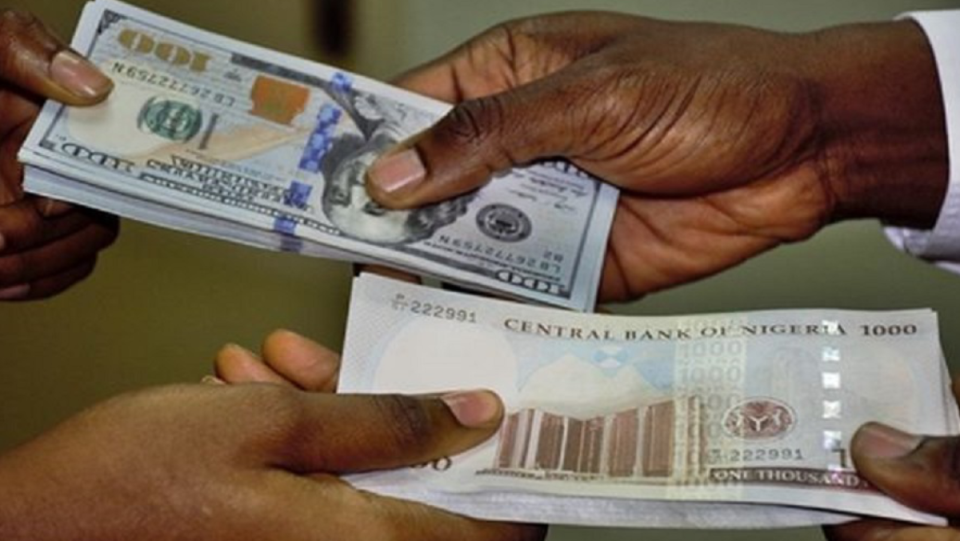The Labour Party (LP), a major political force in Nigeria, convened a high-stakes gathering of its National Executive Committee (NEC) in Abuja to address internal restructuring and strategic planning. Led by Senator Nenadi Usman, the statutory meeting brought together prominent figures like Abia State Governor Alex Otti, his deputy Ikechukwu Emetu, and other senior stakeholders, underscoring the party’s push to strengthen its governance framework ahead of future elections.
Central to the discussions is the proposed formation of an interim National Working Committee (NWC) tasked with managing day-to-day operations until a National Convention is organized. This transitional body aims to ensure stability as the party prepares for broader structural reforms. Additionally, the NEC is set to establish specialized committees, including one overseeing a nationwide membership re-validation drive—a move seen as critical to expanding the LP’s grassroots base—and another coordinating upcoming congresses at regional and local levels.
Insiders describe the gathering as a pivotal moment in the party’s efforts to reposition itself politically, particularly with an eye on Nigeria’s 2027 general elections. The presence of Joe Ajaero, President of the influential Nigeria Labour Congress (NLC), signals ongoing collaboration between the party and organized labor, historically key allies. Notably, Sylvester Ejiofor, Chairman of the LP’s Board of Trustees (BoT), participated through a representative, highlighting the meeting’s broad institutional engagement.
Beyond procedural decisions, the discussions reflect deeper ambitions to consolidate the LP’s influence after recent electoral gains. Governor Otti’s attendance, following his historic 2023 victory as the party’s first state leader, adds weight to efforts to translate regional success into a national strategy. The focus on membership verification and congress organization also points to ambitions to resolve internal disputes and streamline operations, addressing past criticisms of fragmented leadership.
While the meeting remains focused on administrative planning, its implications extend to Nigeria’s evolving political landscape. Analysts note that a re-energized Labour Party could challenge the dominance of established parties like the All Progressives Congress (APC) and People’s Democratic Party (PDP), particularly if it leverages partnerships with labor unions and capitalizes on voter demand for alternatives. However, observers caution that sustained success hinges on transparent internal processes and cohesive messaging—factors the NEC’s reforms aim to reinforce.
As the session continues, stakeholders emphasize the urgency of laying a robust foundation for the party’s future. With Nigeria’s next electoral cycle three years away, the Labour Party’s ability to resolve structural bottlenecks and unify its ranks may determine its capacity to transition from a rising opposition force to a credible contender for national power.



